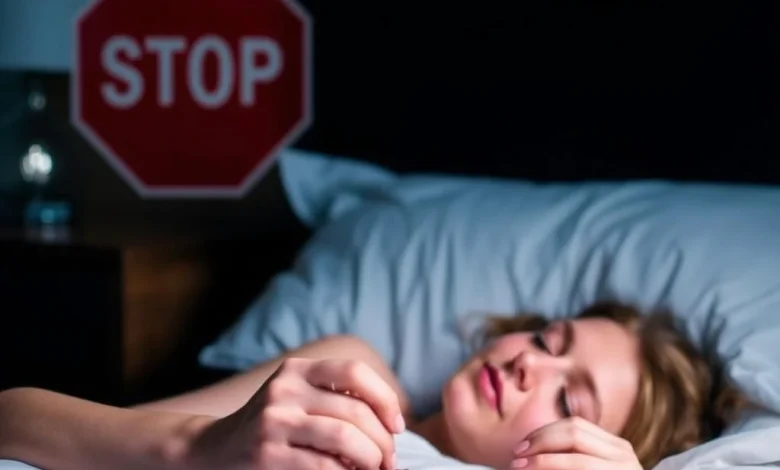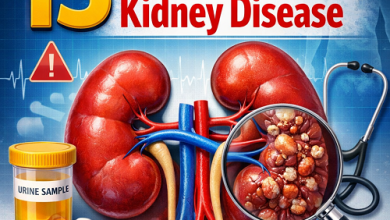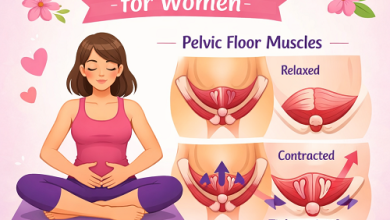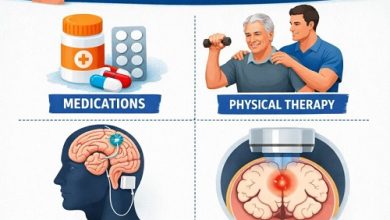Sleep Experts Warn: Stop Eating Chocolate Before Bed for This One Reason

Imagine this: you sneak into the kitchen at night, craving a small square of chocolate as the perfect end to your day. It tastes comforting, soothing—even rewarding. But what if that innocent act is sabotaging your sleep, stealing your energy, and undermining your health?
In the world of sleep science and wellness, there’s one warning that’s gaining more attention: Avoid chocolate before you sleep. I’ll walk you through why experts are raising the red flag, what exactly goes wrong in your body, and how you can enjoy sweets wisely without paying the nightly price.
1. The Allure of Chocolate — and Why It’s Hard to Resist
Chocolate has long held emotional and sensory appeal: rich aroma, smooth texture, a little burst of sweetness. For many, it symbolizes comfort, reward, or even a small nightly ritual. We tell ourselves, “One square won’t hurt.”
But that “just one square” may be far more powerful than we think. Beneath its indulgent surface lies a combination of natural stimulants and sugar that can tip the delicate balance your body needs to transition into restful sleep.
2. The Hidden Stimulants: Caffeine & Theobromine
One of the primary reasons sleep experts discourage chocolate before bed is due to caffeine. Though chocolate contains much less caffeine than coffee or tea, even modest amounts can delay sleep onset in sensitive individuals.
But caffeine is only part of the story. Enter theobromine — a compound naturally present in cocoa beans. Theobromine is a milder stimulant compared to caffeine, but it can still increase heart rate, boost alertness, and keep your nervous system more “awake” than you realize.
Together, these stimulants may quietly disrupt your brain’s shift into “sleep mode,” especially if consumed within a few hours of bedtime.
3. Sugar Spikes and Crash: The Blood Sugar Roller Coaster
Many chocolates—especially milk chocolate and sweetened varieties—carry substantial sugar. When ingested late in the evening, that sugar can trigger a sharp rise in blood glucose (sugar), followed by a crash. This roller coaster:
- Spikes energy just when you should be winding down
- Triggers hormonal responses (insulin, cortisol) that interfere with sleep signals
- Leads to awakenings as your body adjusts to dips in glucose
In short, sugar disrupts the steady, calm environment your body craves during deep sleep cycles.
4. How the Timing Matters — The Critical Window
Sleep experts often recommend avoiding stimulants at least 3–6 hours before bedtime. Harvard Health, for example, lists chocolate as one of the items to skip during late-night snacking.
If your bedtime is 11 pm, that means chocolate consumption should ideally end around 5–8 pm. Consuming it later—even just an hour before bed—can meaningfully impair your ability to fall asleep and stay asleep.
5. Dark Chocolate vs. Milk Chocolate: Which Is Worse?
It might surprise you: dark chocolate is often more problematic than milk chocolate when it comes to sleep. Why?
- Dark chocolate tends to contain higher concentrations of cocoa solids, meaning more caffeine and theobromine.
- Milk chocolate, while lower in stimulants, often has higher sugar content, which exacerbates blood sugar swings.
Some dietitians even suggest that white chocolate might be a “less bad” option because it contains negligible amounts of caffeine and fewer cocoa solids—though it still carries sugar.
Still, even with white chocolate, the sugar factor remains. So “less bad” is not the same as “good for sleep.”
6. Real People, Real Consequences: The Emotional Angle
Let’s pause and consider real-life implications. Think of:
- The overworked professional who seeks a moment of solace in chocolate late at night, only to toss and turn for hours afterward.
- The parent who rewards themselves with chocolate once children are asleep, but then finds themselves wide awake.
- The night owl who rationalizes, “I’ll sleep later anyway,” but battles chronic fatigue and low productivity.
For many, chocolate becomes not just a snack but a ritual—one that quietly undermines their energy, mood, and clarity. You may wake up feeling groggy, irritable, or mentally foggy, even if you thought you got “enough hours.” Over time, the cumulative effect can weigh heavily on your physical and emotional health.
By highlighting this emotional dimension, you can connect with readers who crave restful nights yet find themselves trapped in a cycle of late-night snacking and frustrated sleep.
7. What the Sleep Experts Recommend
If you’re convinced to rethink your late-night chocolate habit, here’s what sleep scientists and dietitians suggest:
A. Delay Chocolate, Don’t Eliminate (if possible)
Set a “cutoff time” — for many, that’s 4–6 hours before bed. Have your chocolate earlier in the evening if you must.
B. Choose Wisely
- Opt for low-sugar, low-cocoa chocolate if you must indulge.
- Prefer white chocolate or lighter chocolate forms, though be mindful of the sugar.
- Avoid large portions; stick to a small square (10–15 g) rather than a bar.
C. Pairing Strategy
Pair your chocolate with protein or fiber (nuts, yogurt) to buffer the blood sugar spike. This can help moderate the glucose surge.
D. Develop a Better Nighttime Ritual
Replace your chocolate ritual with a calm, sleep-friendly routine:
- Warm herbal tea (e.g., chamomile, valerian root)
- Reading or journaling
- Gentle stretching or breathing
- A small sleep-friendly snack like a banana, cherries, or nuts
Such routines help signal to your brain that it’s time to wind down.
E. Track & Observe
Keep a sleep log for a week: note when you have chocolate, how much, and how your sleep unfolded (time to fall asleep, awakenings, restfulness). Over time, patterns will emerge—and the data can reinforce healthier habits.
8. The Science Snapshot
Here’s a concise “science snapshot” your readers might appreciate — a bulleted view:
- Caffeine & Theobromine in chocolate increase alertness and heart rate, interfering with sleep onset.
- Sugar causes blood glucose fluctuations that trigger hormonal responses and awakenings.
- Timing matters: consuming stimulants within 3–6 hours of bed raises the likelihood of sleep disruption.
- Experts advise avoiding chocolate as part of the “no stimulants” group along with coffee, tea, and alcohol.
- Subtle sleep erosion may occur over time, even if immediate effects aren’t obvious—especially in REM or deep sleep phases.
Final Thoughts: Why This Warning Matters
This is not about moralizing chocolate or denying pleasure. It’s about respecting your body’s nocturnal needs. When you eat chocolate too close to bedtime, you risk turning a comforting treat into a stealthy saboteur of your rest.
By giving readers this insight—with both the emotional angle (feeling tired, frustrated) and the scientific explanation (stimulants, sugar, timing)—you build authority, connect on pain points, and offer a meaningful transformation (better sleep). That’s exactly the kind of article that can attract and resonate.




